Koujyou no tsuki
Haru kourou no hana no en
Meguru sakazuki kage sashite
Chiyono matsugae wakeideshi
Mukashi no hikari ima izukoAki jin-ei no shimo no iro
Naki yuku kari no kazu misete
Uuru tsurugi ni terisoishi
Mukashi no hikari ima izukoIma Koujyou no yowa no tsuki
Kawaranu hikari tagatame zo
Kaki ni nokoru wa tada kazura
Matsu ni utau wa tada arashiTenjo kage wa kawaranedo
Eiko wa utsuru yo no sugata
Utsushisan tote ka ima mo nao
Ah Koujyou no yowa no tsukiLyricist:DOI Bansui
Composer:TAKI Rentarou
in 1901
Moon over the Desolate Castle
In spring, a cherry blossom viewing party is held in the high tower
The moon’s shadow shines on the cups we exchange
shining through the gaps in the branches of pine trees that have lasted for a thousand years.
Where is the glory of the past?
In autumn, the camp is as fleeting as the dew
More geese cackle and fly away
A broken sword shines like grass stuck in the ground
Where is the glory of the past now?
Now the midnight moon over the Desolate castle
Who is the unchanging light for?
Only vines of kudzu remain on the stone walls
It is the storm that makes the pines tremble as if they were singing
The providence of heaven does not change
But the rise and fall of the human world changes
Even now it reflects the past
Ah, the midnight moon over the Desolate castle
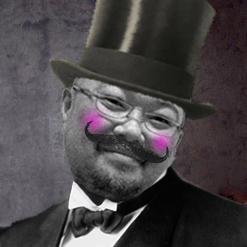
“Koujyou no tsuki”: TAKI Rentarou’s Minor-Key Masterpiece
It is too famous. The composer, TAKI Rentarou, also composed a masterpiece “Hana” in a major key with an uplifting spring theme, but I would like you to compare the difference in tone. The setting of this beautiful piece with its minor-key melody is a castle in the Warring States period. In spring, a banquet is held, likening the blooming of cherry blossoms to the prosperity of their country that will last for a thousand years, and the samurai pass around sake cups to boost their morale.
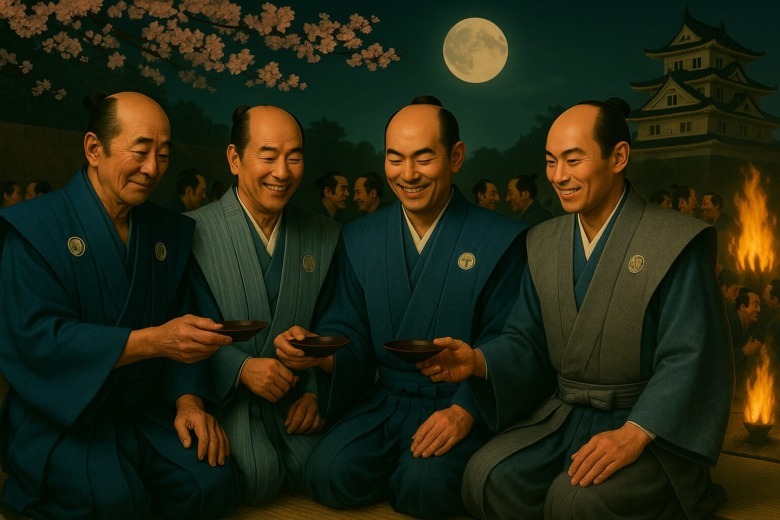
Haru kourou no hana no ei
From Spring’s Promise to Autumn’s Desolation: A Tale of Impermanence
But as autumn came, the enthusiasm in their camp vanished like dew. The soldiers left one after another like geese crossing the sea. All that remained was the moon, unchanged from those days, and the deserted castle. This contrast is called “rise and fall” in Japan. The original of this story is probably derived from the Chinese classic “Chunwang.
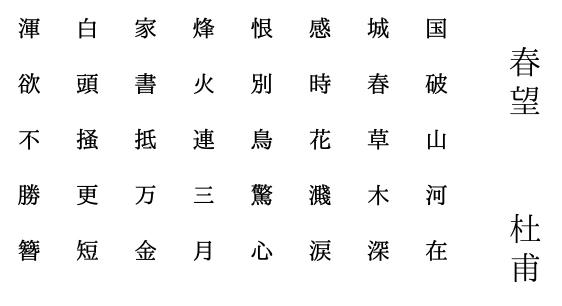
Spring View
Mountains and rivers remain though the nation is broken,
In the city, spring has deepened the grass and trees.
Moved by the times, tears fall like blossoms,
Regretting separation, birds startle the heart.
For three months, beacons have flared,
A letter from home is worth ten thousand in gold.
My white hair grows shorter as I scratch my head,
Seemingly endless, the desire to not wear this hairpin.
Mono no Aware: The Japanese Aesthetic of Transience in Melody
Although “Koujyou no tsuki” depicts scenes in spring and autumn, most people probably have an image of spring. It seems to express the national character that feels “mono no aware” with the dancing cherry blossoms.
This concept of “mono no aware” – the pathos of things – runs deep in Japanese aesthetics, representing an awareness of impermanence and a gentle sadness at the transience of beauty. The minor key of this composition captures this sentiment perfectly, evoking not just the visual beauty of cherry blossoms, but the melancholy understanding that their magnificence is fleeting. The melody seems to dance between hope and resignation, much like cherry petals floating momentarily before descending to the ground.
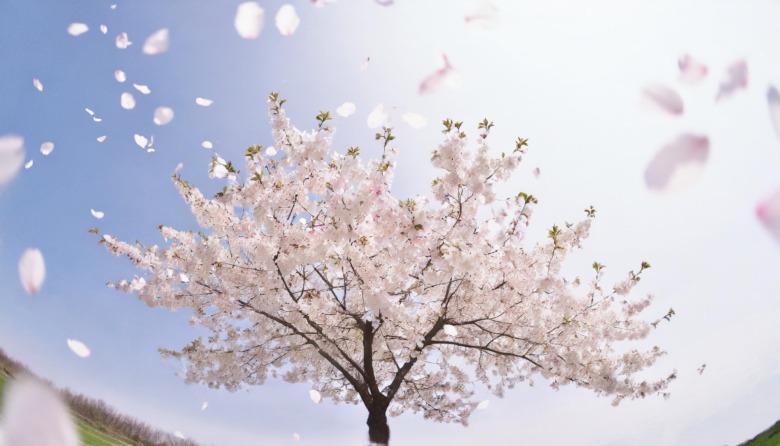
Falling cherry blossoms
Unlike Western romantic traditions that might rebel against the inevitability of decay, the Japanese aesthetic tradition embraces this impermanence as part of life’s beauty. The piece invites listeners to appreciate both the vibrant banquet scene and the subsequent desolation as equally meaningful parts of existence, each enhancing the significance of the other.
A Cultural Bridge: Traditional Japanese Melody in Global Rock Music
Intriguingly, this melodic track has also been covered by numerous overseas rock bands. Scorpions, in particular, have performed it live for many years, and other notable renditions include those by Yngwie Malmsteen during his Alcatrazz era and Steve Vai. These interpretations demonstrate how the emotional resonance of “Moon over the Desolate Castle” transcends cultural boundaries, speaking to universal human experiences of beauty, loss, and the passage of time through its hauntingly evocative melody.

▼There are several monuments, but this is the route to Sendai Castle, the birthplace of the lyricist, DOI_Bansui.
▼Click here for other monuments. In addition to Sendai Castle (Miyagi Prefecture), there are three in Tohoku, Fukushima Prefecture and Iwate Prefecture, and also in Oita Prefecture, which is the hometown of TAKI_Rentarou.
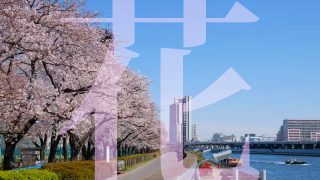
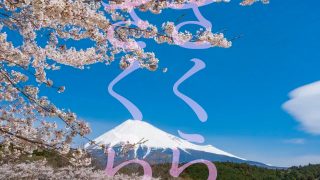

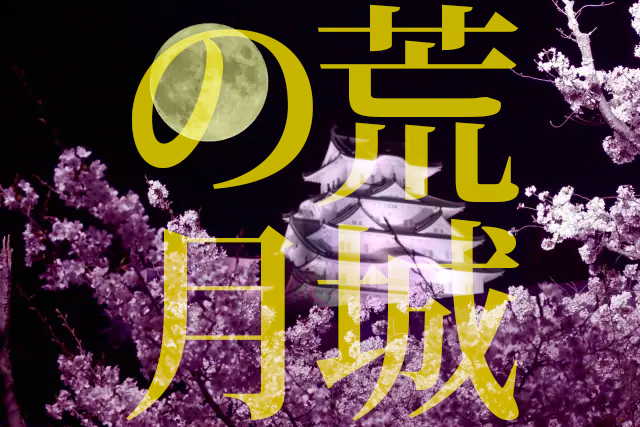



コメント